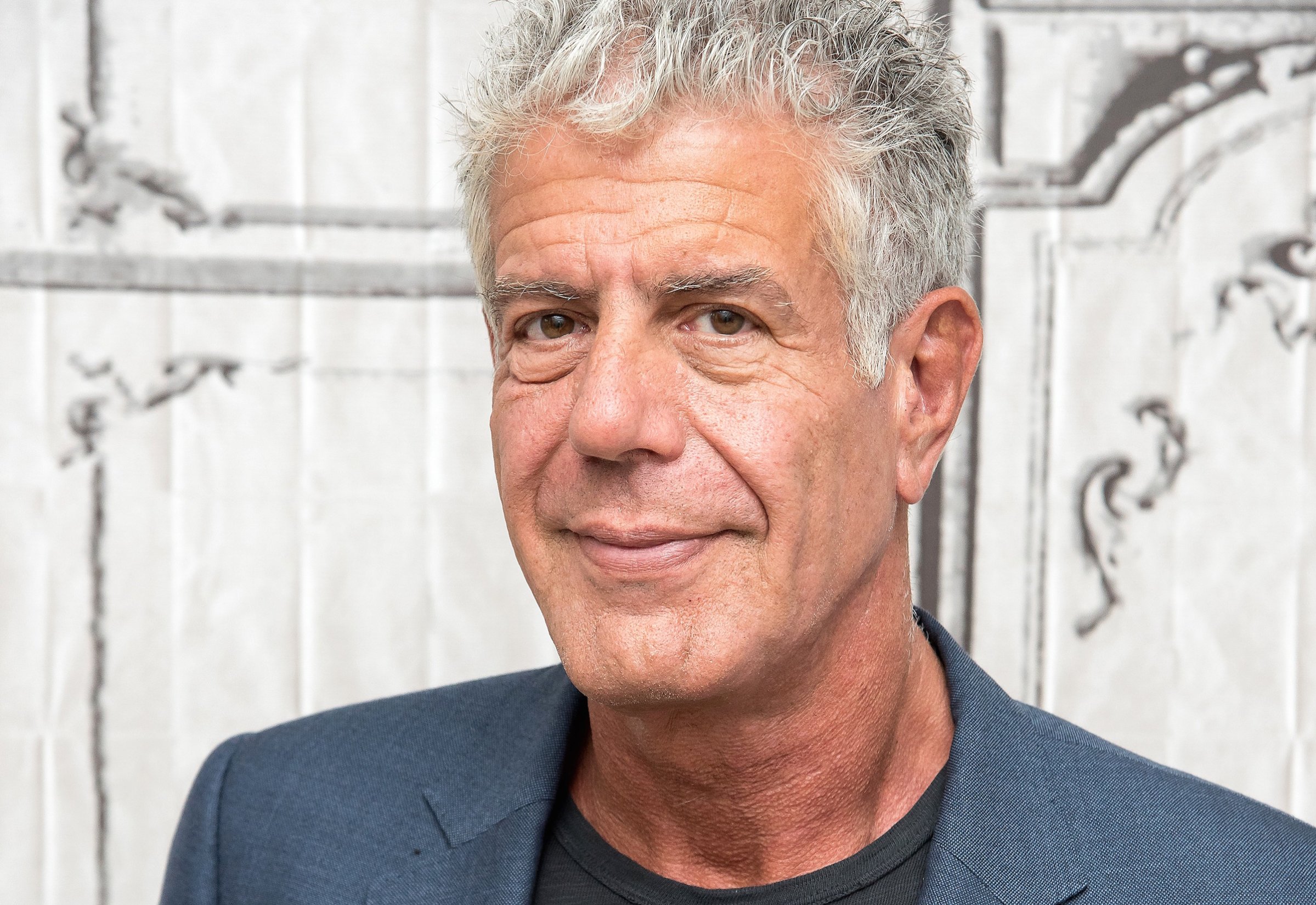
Anthony Bourdain, the chef and Emmy Award-winning travel-show host, was found dead on Friday at 61 in an apparent suicide in his hotel room in France, where he had been filming CNN’s Parts Unknown.
His fans, friends and the food world shared their grief and memories on Friday morning, exposing the depth of his impact — an impact he achieved beginning in his 40s, at a time when he had, he later said, already given up on the idea of that kind of success.
Before he became one of the world’s most sought-after voices on food, he sought a platform to tell the dirty secrets — often literally dirty — of how restaurants really operate. Then the executive chef of the French brasserie Les Halles in Manhattan. which has since closed, he blindly submitted an article to The New Yorker. The finished product, “Don’t Eat Before Reading This,” became the basis of his best-selling 2000 tell-all Kitchen Confidential, which also revealed the deep personal pain felt by the chefs and restaurant workers who present the meals that bring customers so much joy.
Book deals and TV contracts quickly followed. In 2015, during an interview with TIME, he explained how his success began, and his rule for how to deal with fame:
It seems like there’s more American interest in food than ever before.
We used to get together with our friends to see a movie, after which we’d go have dinner to talk about the movie. Now we just go straight to dinner and talk about the dinner. And we take pictures of our food while we’re doing it.
What do you hate most about food culture in the U.S. today?
The word authentic has become a completely ridiculous, snobbish term. There are so many first- and second-generation immigrants making wonderful mashups of food they grew up eating. On the other hand, I’m pretty sure that every time Guy Fieri puts barbecue pork inside a nori roll, an angel dies.
Has the restaurant world changed too? Your memoir Kitchen Confidential painted a pretty bleak picture.
The type of people who are attracted to the business has stayed the same since the 19th century. But acceptable behavior has changed completely. When I was midcareer, you could work in a good restaurant and do cocaine in the walk-in. We smoked in the kitchen.
Everyone envies your gig—writer, speaker. How did it all come about?
I had a big and very unexpected success in Kitchen Confidential. A lot of people offered me things in the wake of that, and I was careful about what I said yes to. I live by something called a no-a–hole rule: Whatever it is I’m considering, I ask myself, whoever I have to deal with in this project, if they call me at 11 o’clock at night, will it be O.K.? I don’t want to have to pick up thinking, Oh, that a–hole’s on the phone.
You didn’t expect anything like this, did you?
I certainly did not. I thought at 43 years of age, I was pretty much toast. It was going to be me and a deep fryer—dunking fries until the end.
Beneath that success was a quality that went deeper than any level of fame: an interest in the world around him, and the potential for fun it held.
“If I’m an advocate of anything, it’s the virtue of curiosity,” he had told TIME in a 2007 interview. “But mostly the show [No Reservations] is about me having a good time and someone else paying for it.”
If you or someone you know may be contemplating suicide, call the National Suicide Prevention Lifeline at 1-800-273-8255.
More Must-Reads From TIME
- The 100 Most Influential People of 2024
- The Revolution of Yulia Navalnaya
- 6 Compliments That Land Every Time
- Stop Looking for Your Forever Home
- If You're Dating Right Now , You're Brave: Column
- The AI That Could Heal a Divided Internet
- Fallout Is a Brilliant Model for the Future of Video Game Adaptations
- Want Weekly Recs on What to Watch, Read, and More? Sign Up for Worth Your Time
Write to Olivia B. Waxman at olivia.waxman@time.com